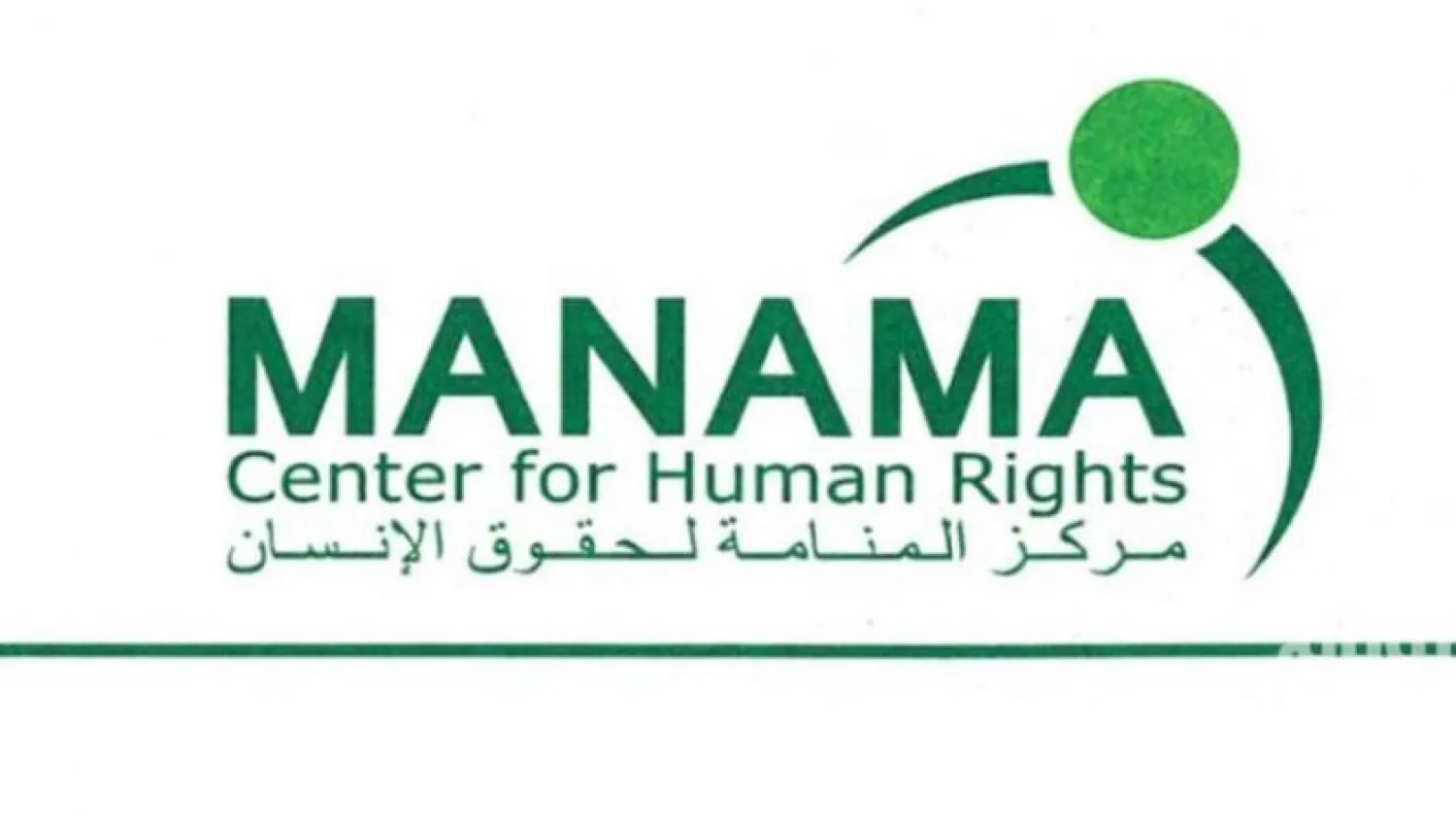Bahrain’s Manama Center for Human Rights denounced Qatar revoking the citizenship of Sheikh Talib bin Mohammed bin Lahoum bin Shraim Al Morah along with 54 members of his family and relatives.
The center issued a statement saying that the collective punishment of the family is part and parcel of the systematic ‘chaos’ policy Doha practices against its citizens.
Such an act represents a loud violation of human rights, law, and international standards. Doha’s decision to withdraw the citizenships was arbitrary came without any legal grounds.
More so, the Emirates Human Rights Association, in a statement, said, "It is a step that violates all their legal rights, the principles of human rights and exposes them to displacement."
Mohammed Salem Al Ka'abi, Chairman of EHRA, said, "This is an unprecedented international step," adding, "These Qatari citizens have not been subjected to any trials, but their citizenship has been suddenly withdrawn. They have become stateless and are subject to full deprivation of citizenship rights from health care, housing, education, work, freedom of movement and others."
Al Ka'abi expressed regret for this indiscriminate decision, which included children and women, stressing that nationality is an inherent human right. He called on all human rights organizations to play their role and monitor their situation and support them.
The Saudi National Society for Human Rights, NSHR, also declared its surprise towards the sudden withdrawal of citizenship from Sheikh Talib, along with 54 other members of his family and the tribe of Al Morah, including a number of children and 18 women.
NSHR statement said the move violates all the tribe’s legal rights and the principles of human rights, and exposes them to displacement in an international precedent, similar only to what the Qatari government did in 2005, when it displaced more than 6,000 of its citizens from the tribe of Al Ghofran and withdrew their citizenships without any justification or reason compatible with international standards.
The 55 persons were Qatari citizens who had not been given the right to any trials, and that the withdrawal of citizenship came abruptly having been citizens with a permanent identity, they have now become displaced without a homeland or stability and are subjected to all kinds of risks including deprivation of health care and housing.
NSHR called upon all humanitarian bodies and organizations to play their role and monitor the situation of these victims, saying, "We are now witnessing the 36th session of the Human Rights Council, which seeks to promote the values of protection and advocacy for every right that is clearly and unequivocally denied, and that silence about this blatant abuse, flagrant violation and collective punishment of innocents whose only guilt is that the authorities in Qatar felt that they should be punished, is like participation in it and it is a blow to the credibility of human rights and their universal values."
"All of these persons are now threatened with all kinds of risks arising from the withdrawal of citizenship, and any danger to them is a condemnation of organizations, bodies and human rights around the world, especially the Qatari Human Rights Society, which has ignored this crime and never mentioned it," added NSHR.









